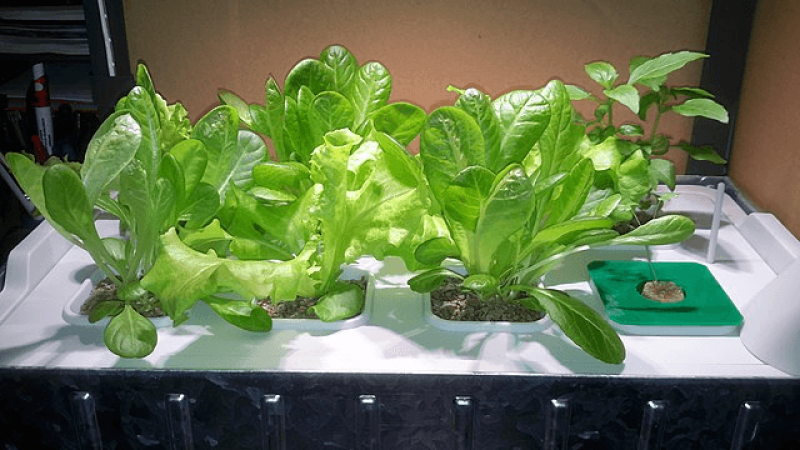Indoor farming startups seeking to revolutionize the nation’s food supply have endured a rocky year. Investors have significantly pulled back funding, forcing several companies once worth billions of dollars into insolvency.
Paul Sellew has been watching the situation with a mix of pride and hard-earned realism. Little Leaf Farms in Devens, which he cofounded and serves as chief executive, has been flourishing even as the bubble surrounding such startups appears to have burst.
“There was a little bit too much hype, and it was not grounded in the kinds of approaches that we’re doing here,” he said.
As of the end of 2022, investors had placed more than $2 billion in such companies across 158 deals, according to data by Pitchbook. But Little Leaf executives decided to forgo venture capital, worried that the rapid expansion often expected in the startup scene may not be sustainable for their vision.
Unlike other indoor farming startups that relied on costly electric-powered artificial lights to grow crops, Little Leaf opted to build a greenhouse that could harvest the power of the sun.
The former method is “quite expensive, in terms of both the capital and operating costs to buy and operate the lights,” Sellew said. “And then you have to have the heating, the ventilation, and the air conditioning.”
By contrast, “the sun is free,” he said.































